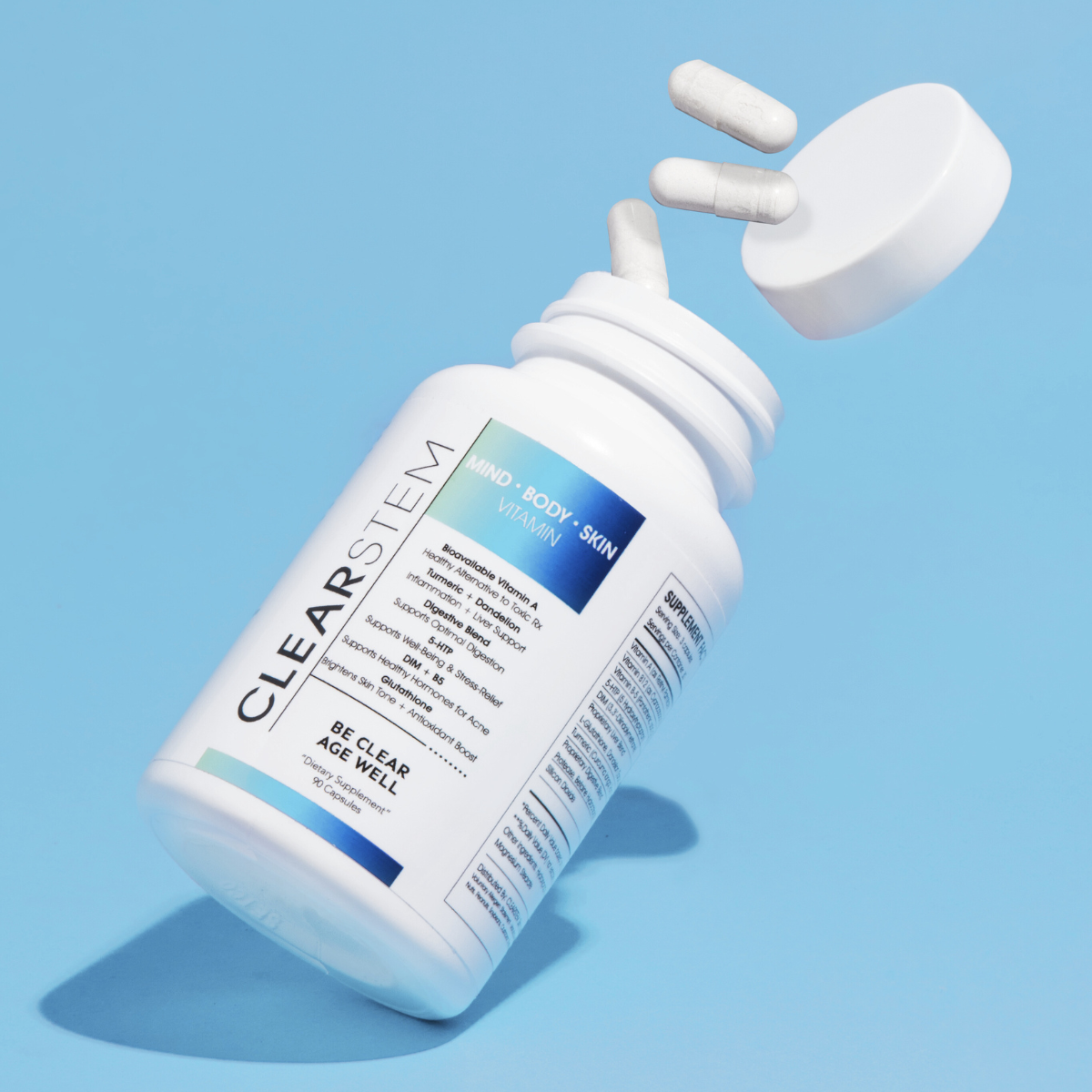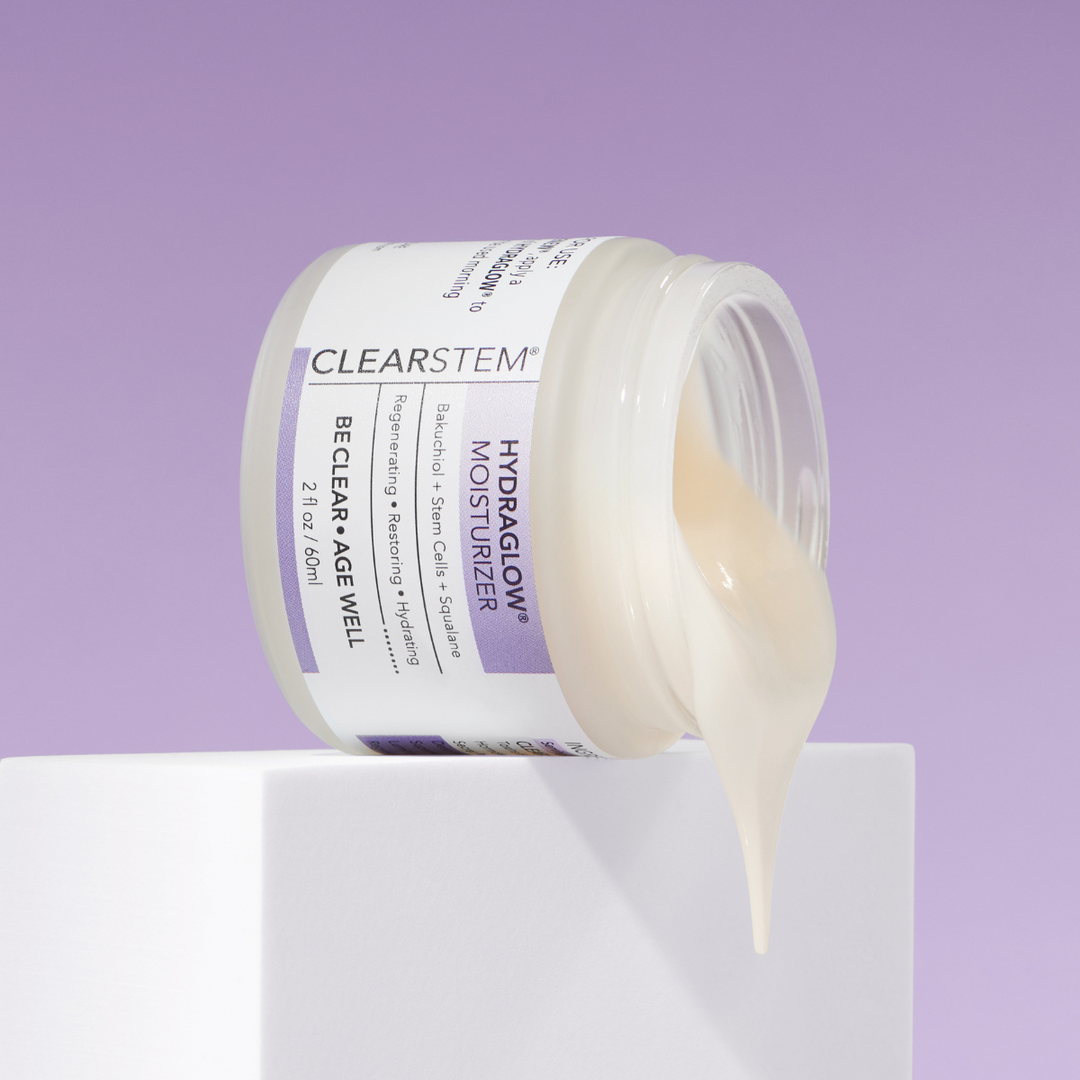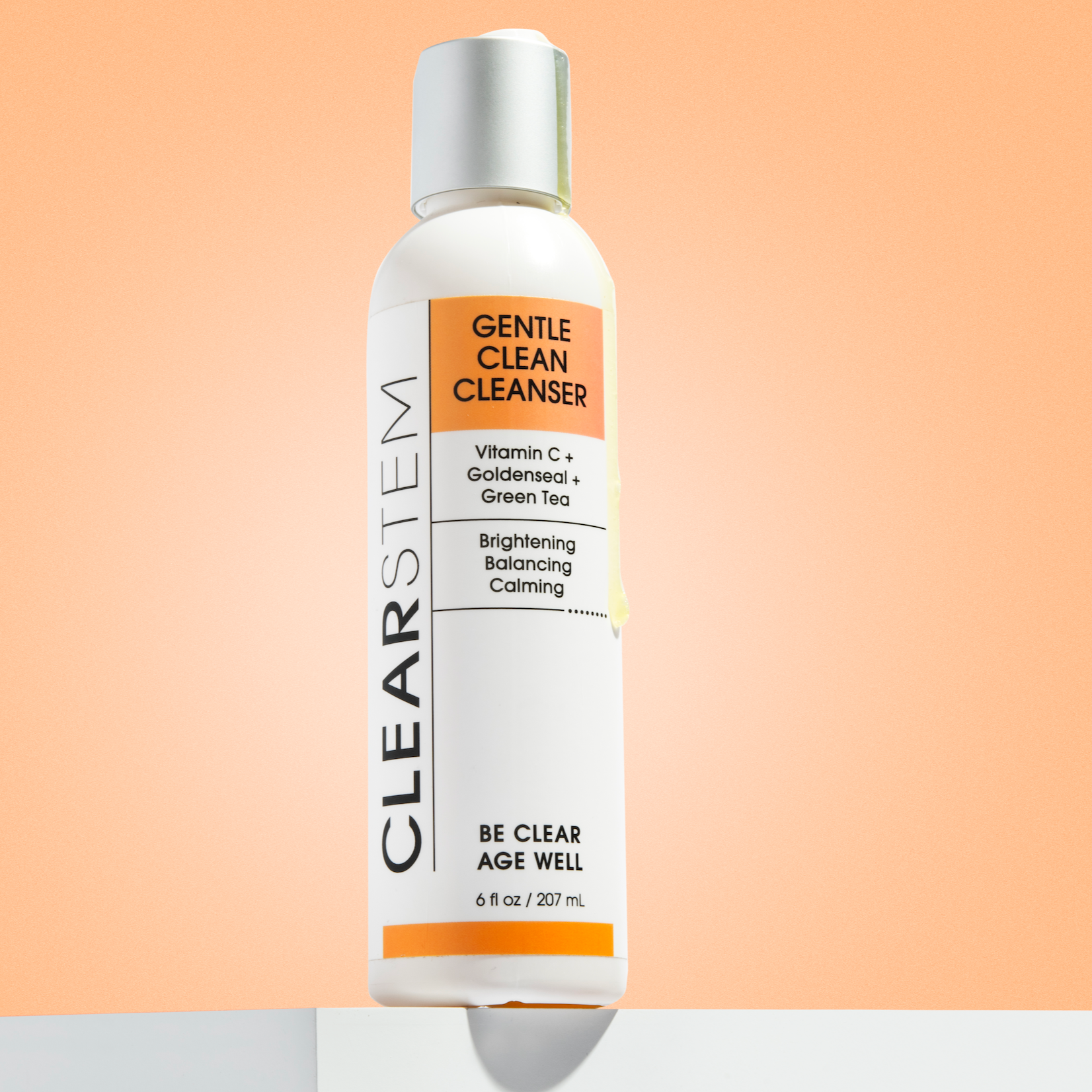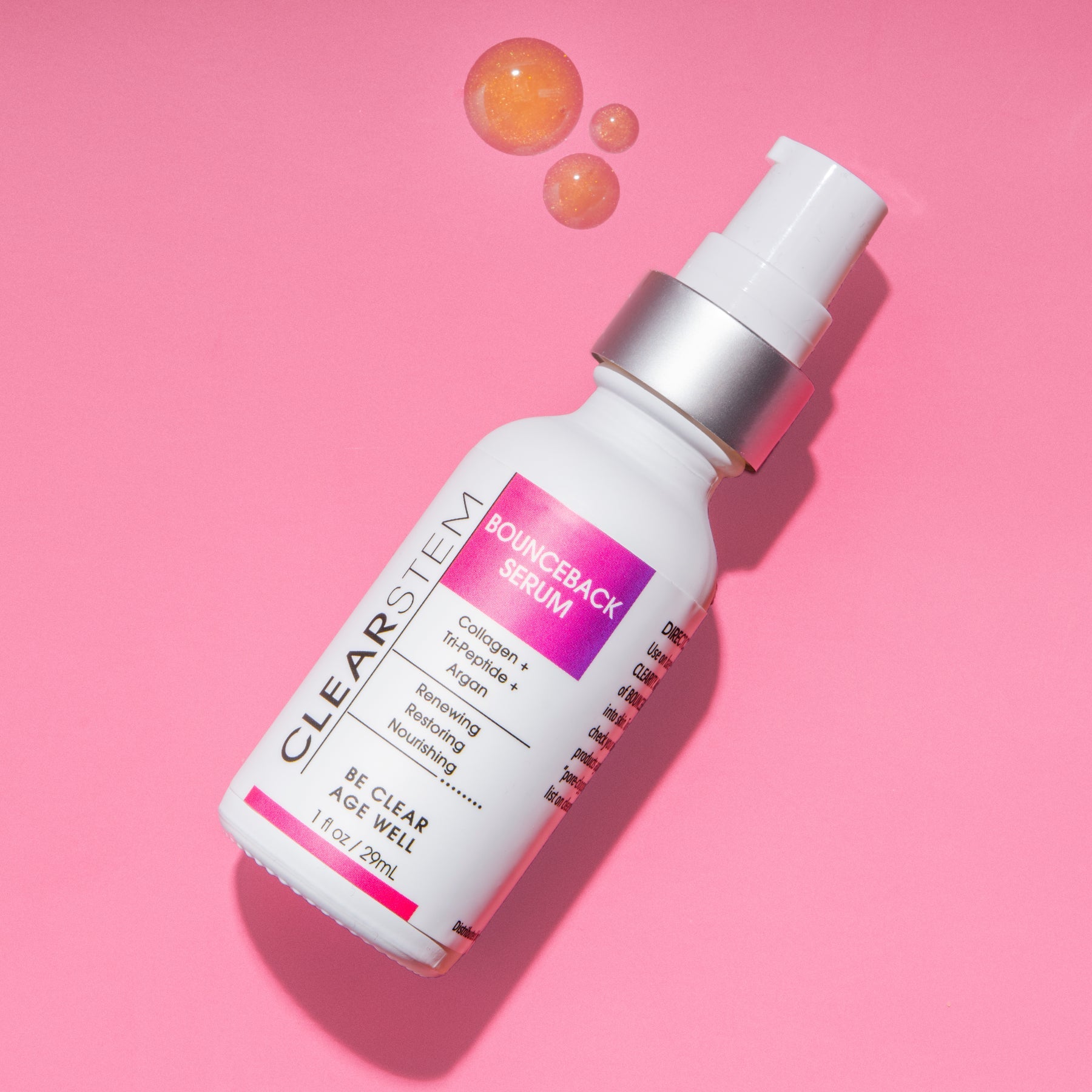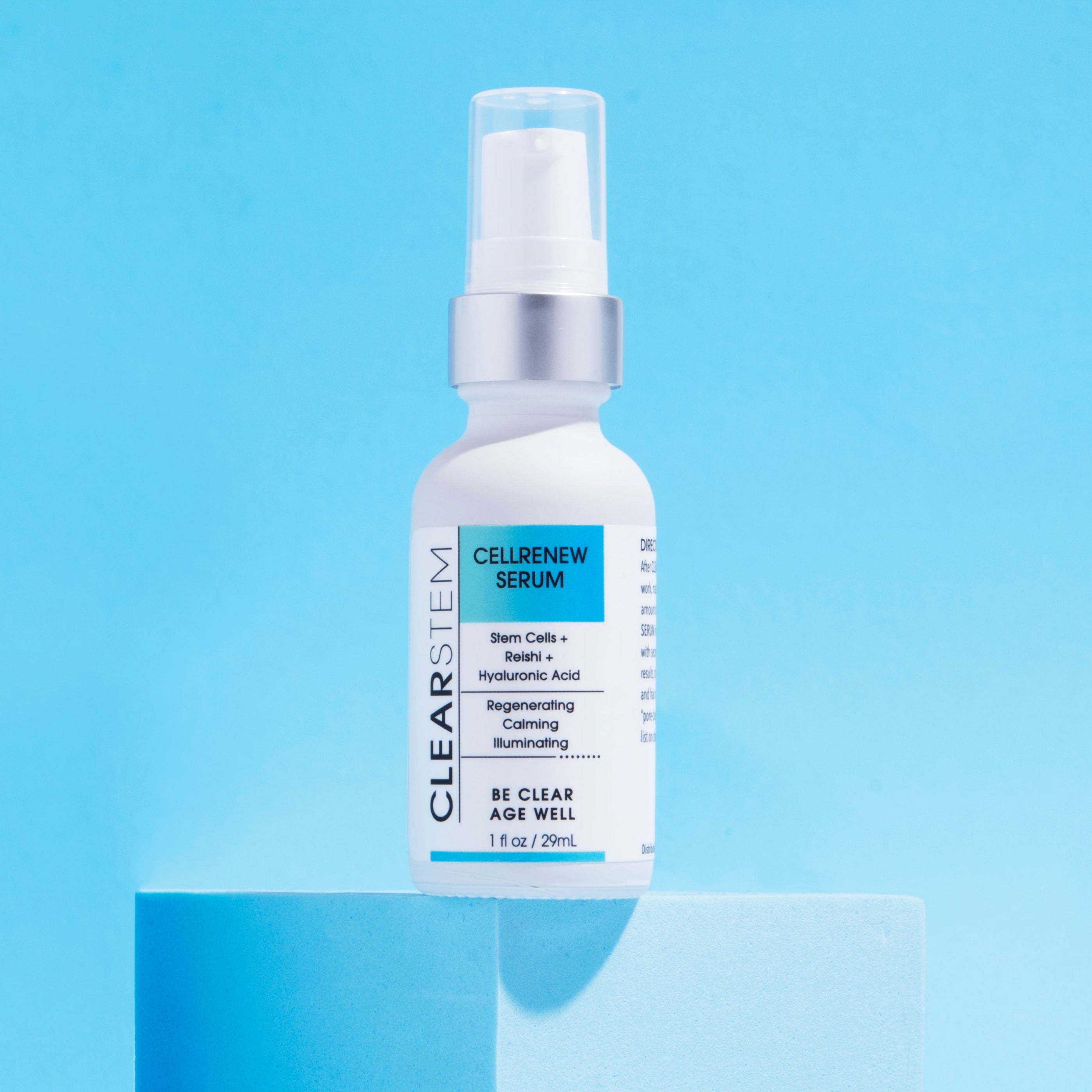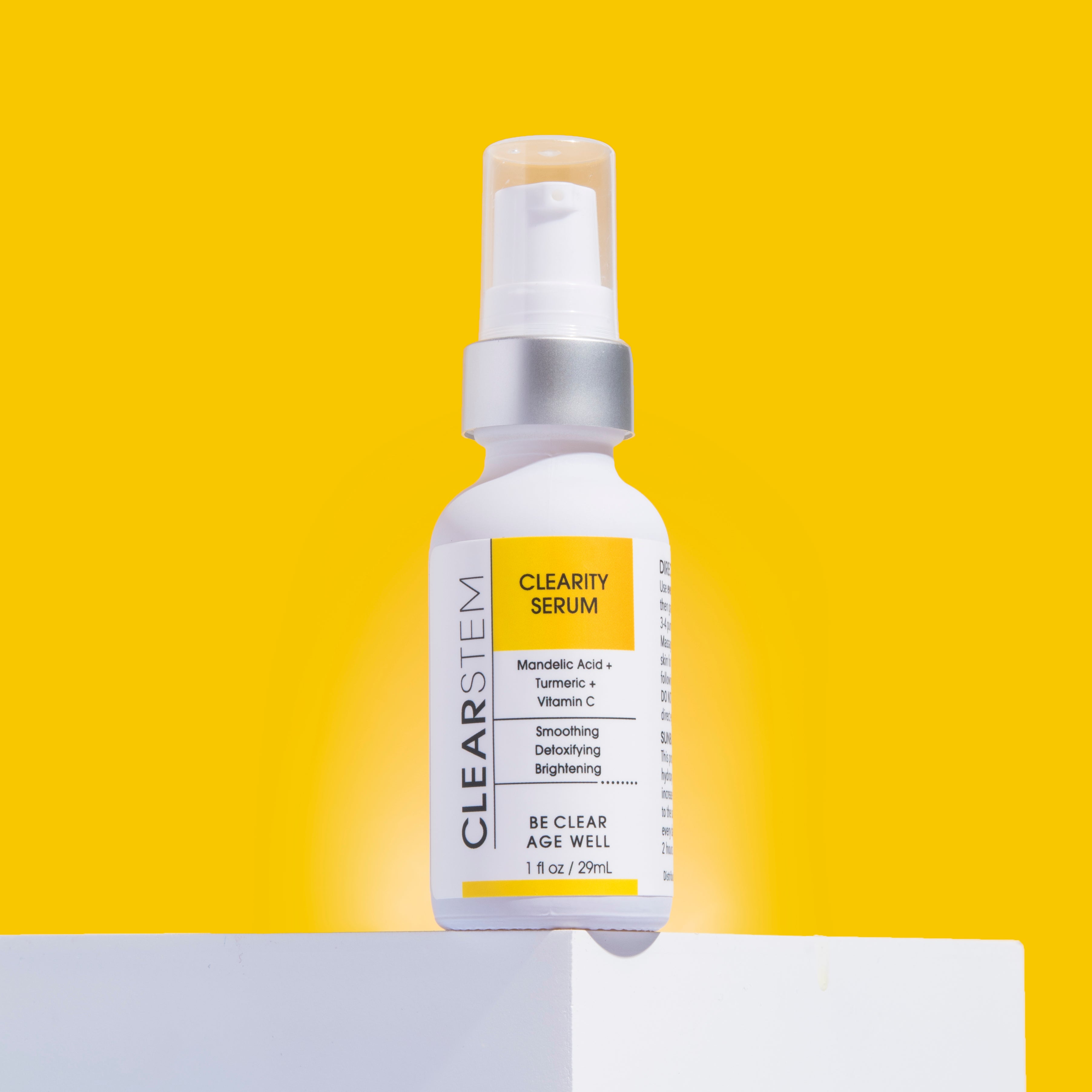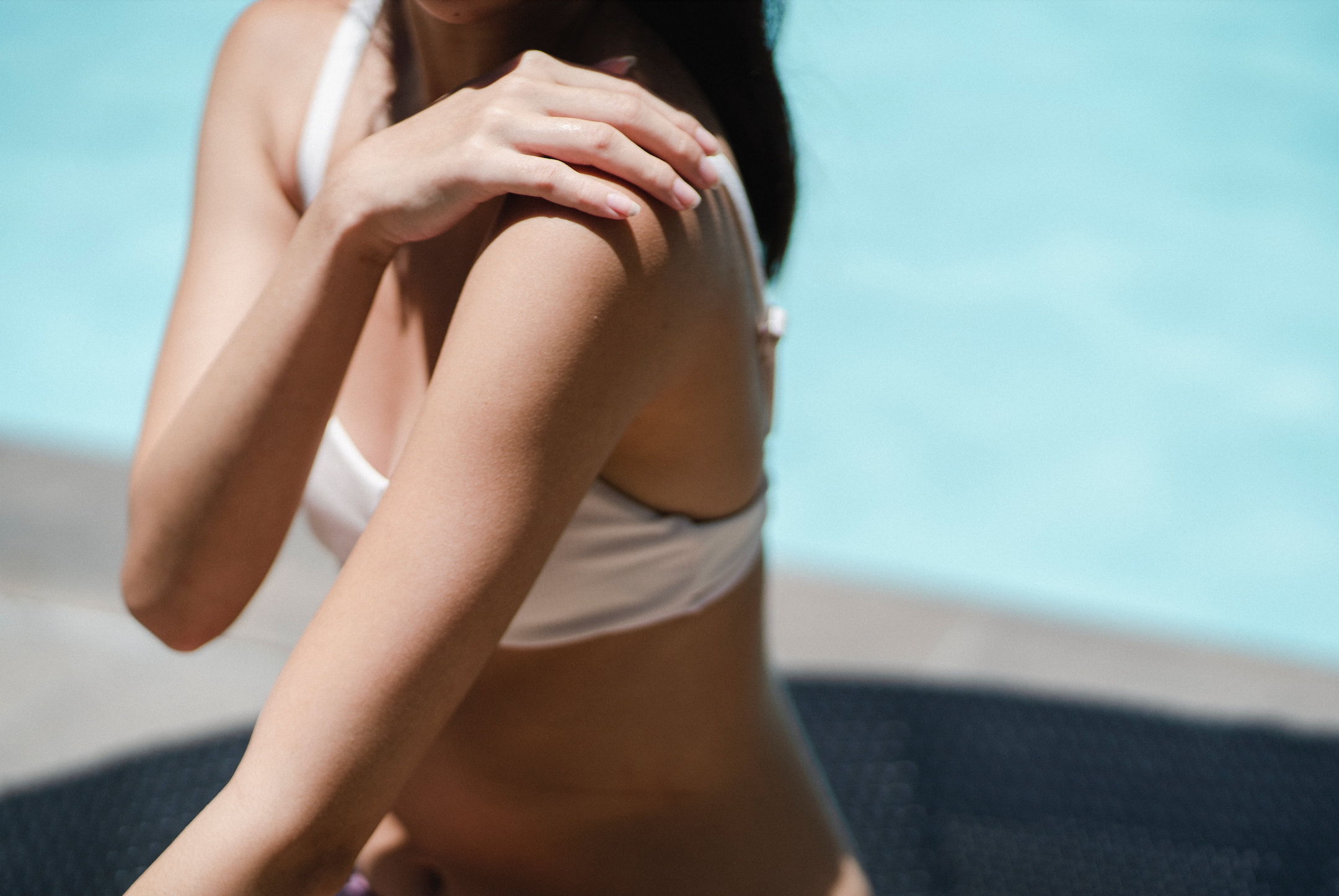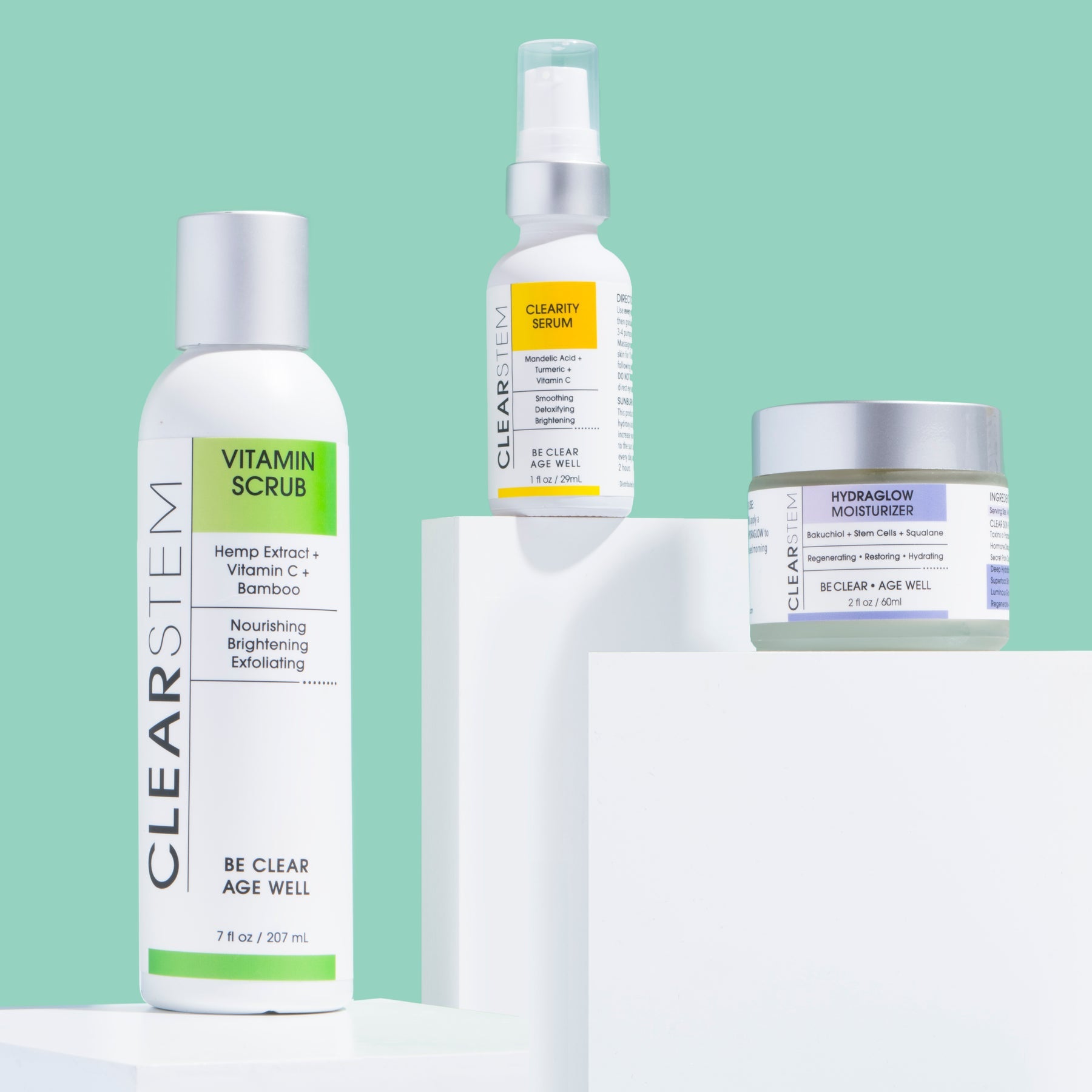The term “clean beauty” seems to be everywhere these days—in magazines, on social media, and on skincare product labels.
But what is clean beauty exactly? And when you opt for a “clean” product, does that mean it’s an acne-safe skincare product?
Clean beauty is all about cutting out common harmful ingredients like phthalates, paraben, sulfates, and synthetic fragrance that are often found in a skincare product and makeup. While it’s easy to assume that clean means gentler and safer for your skin, that’s not necessarily the case when it comes to acne-prone skin.
So, is clean beauty right for your skin? Keep reading—in this guide, we’ll give you the dirt on which clean ingredients are acne-friendly and which are breakout baddies.
What is Clean Beauty, Exactly?
Most people use the term clean beauty to mean cosmetic and skincare products that aim to eliminate toxic ingredients that may be linked to a variety of health hazards, such as:
- Allergies
- Skin irritation
- Endocrine disruption
- Reproductive harm
- Cancer
- Environmental hazards
Some of the common ingredients that clean beauty advocates recommend avoiding include:
- Paraben – Parabens are an endocrine disruptor, meaning they can interfere with normal hormone levels in the body. They may cause thyroid problems, reproductive harm, obesity, and certain cancers.1
- Phthalate – Phthalates are used in cosmetic products like nail polish, perfume, and hair spray to make them more long-lasting and stable. However, phthalates may cause birth defects, cancer, and reproductive harm.2
- Sulfate – While the current evidence indicates that sulfates aren’t a serious health risk, clean beauty brands avoid them because they’re unnecessary and potentially irritating. You’ll often spot them on labels as sodium laureth sulfate, SLS, or SLES.
- Synthetic fragrances – Many chemicals are used for adding fragrance to cosmetics, and companies aren’t required to disclose the specific ingredients used on the label. Chemicals used for fragrance have been linked to allergies, asthma, headaches, and hormonal imbalances.3
Is Clean Beauty Considered All Natural?
Not necessarily. Clean beauty products can contain both a natural ingredient and synthetic ingredient.
Synthetic doesn’t mean a substance is any less safe or clean than a “natural” ingredient. In some cases, synthetics may be cleaner and safer. For example, natural hyaluronic acid comes from rooster combs and other animal organs. Synthetic hyaluronic acid offers the same skin-health benefits without concerns about contamination from animal tissues.4
Meanwhile, other ingredients that sound like a lab-created Frankenstein chemical are simple plant derivatives. Take Butyrospermum parkii. It may sound like a science project, but it’s actually just the scientific name for shea butter.
The bottom line? Even if you opt for clean beauty brands, you’ll need to do a bit of research before assuming that an ingredient with a scientific name is unsafe, or that “natural” means good for your skin.
Does Clean Beauty Mean It's Acne-Safe?
Unfortunately, no. Just because a beauty product is labeled “clean,” doesn’t mean it won’t make you break out. In fact, some clean beauty products can do more harm than good for acne-prone skin. This is because:
- They can be comedogenic – Many clean beauty brands use heavy emollients such as oils and butters to replace synthetic moisturizers. While these ingredients feel rich and soothing on the skin, they can also trap dirt, oil, and bacteria on your skin, leading to clogged pores and acne.
- They may cause irritation – To avoid synthetic fragrances, a clean beauty brand often uses essential oils. However, essential oils can easily trigger inflammation and redness on sensitive skin.
Pore-Clogging Ingredients to Avoid in Skincare
Whether you choose skincare products that fall into the “clean” category or not, there are some common ingredients you should watch out for if you have acne-prone skin. Using a skincare ingredient checker created by board-certified dermatologists can help minimize the risk. Here are three of the most common acne triggers found in both conventional and clean beauty products:
- Heavy oils and butters – Many natural beauty and skincare products include coconut oil, cocoa butter, and shea butter because they’re considered clean and natural. However, they’re also highly comedogenic—not a good fit for acne-prone skin.
- Ethyl alcohol and isopropyl alcohol – Fatty alcohols, like cetyl, cetearyl, and stearyl alcohol, are acne-safe. However, isopropyl alcohol and ethyl alcohol are drying and can irritate acne-prone skin. Different terms for ethyl alcohol include ethanol, SD alcohol, and denatured alcohol. If the label simply says “alcohol,” it’s ethyl alcohol—avoid it.5
- Silicones – These synthetic polymers are popular in skincare and personal care products for their silky, moisturizing feel. However, they have many drawbacks, both for the environment and for acne-prone skin. Silicones work by creating a film on the skin that can trap sweat, dirt, and bacteria. Plus, there’s growing concern that silicones from cosmetics don’t biodegrade and are building up in our ecosystem.6
CLEARSTEM: The Holistic Approach for Healthy Skin
Clean beauty aims to provide safer and healthier products for your skin and the environment. But it doesn’t guarantee products that are acne-safe. Even when you choose clean beauty brands, be sure to check the label for common culprits of clogged pores, irritation, and breakouts.
Don’t want to memorize a long ingredient dos-and-don’ts list? Keep it simple and choose CLEARSTEM Skincare.
CLEARSTEM offers holistic skincare for acne-prone-skin that replaces hormone disruptors, silicones, and other toxic ingredients with hormonal acne supplements specifically designed to target acne from the inside out. Plus, with our Functional Lab Testing developed with top acne specialists, you can pinpoint the exact causes of your breakouts. With CLEARSTEM, you can be confident that every ingredient is chosen with your skin’s health in mind.
Sources:
- Molecular and Cellular Endocrinology. Parabens and their effects on the endocrine system. https://www.sciencedirect.com/science/article/abs/pii/S0303720718301060?via%3Dihub
- Cosmetics Info. Phthalates. https://www.cosmeticsinfo.org/hbi/phthalates/
- Environmental Working Group. Fragrance. https://www.ewg.org/skindeep/ingredients/702512-FRAGRANCE/
- 3 Biotech. Biotechnological production of hyaluronic acid: a mini review. https://www.ncbi.nlm.nih.gov/pmc/articles/PMC4754297/
- US Food and Drug Administration. "Alcohol free.” https://www.fda.gov/cosmetics/cosmetics-labeling-claims/alcohol-free
- Ecotoxicology and Environmental Safety. Assessment bioaccumulation factor (BAF) of methyl siloxanes in crucian carp (Carassius auratus) around a siloxane production factory. https://www.sciencedirect.com/science/article/pii/S0147651321000944

